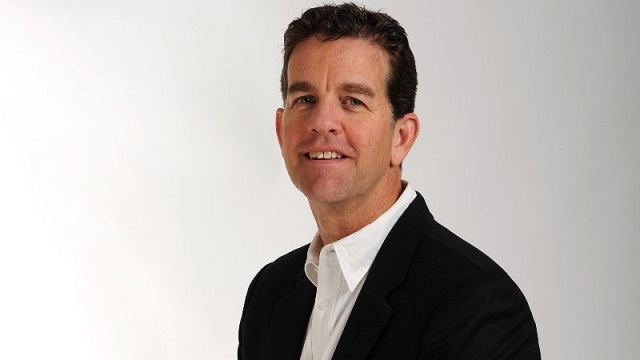
Pandora’s global restructure has resulted in multiple redundancies in Australia, including managing director, Phil McNutt, who was appointed less than two years ago, in January 2019.
McNutt has been replaced by David Allen, an Australian who has spent the last five years at Pandora’s head office in Denmark leading the jewellery giant’s EMEA business. Recently, he played a central role in managing the company’s response to Covid-19.
Allen is now GM of the Pacific cluster, a new position established as part of the major global restructure Pandora announced in March.
Instead of the three regional organisations (Americas, EMEA and APAC) it previously ran, Pandora now has 10 “clusters”, each headed by a general manager.
The general managers are based in the largest market in each cluster and report to chief commercial officer Martino Pessina, who reports to Pandora’s president and CEO, Alexander Lacik.
Australia is in the Pacific cluster, which also includes New Zealand and Fiji.
Pandora said in March that the restructure would cost an estimated DKK 1.3 billion ($302.2 million) and result in the loss of 180 jobs in regional offices.
Inside Retail understands additional job cuts will be made in the Australian office, numbering in the low single-digits.
The key rationale for the restructure was to more closely connect global headquarters to local markets, and Lacik noted that Allen’s experience in Denmark provided a link between the head office and newly formed Pacific cluster.
“I’m grateful to have David take on a new responsibility and that we can continue to pull on his strength and business know-how,” Lacik said.
“With David’s longstanding experience with HQ decisions and operations, the move is yet another step in us shortening the distance between HQ and markets.”
Pessina thanked McNutt for his great and loyal contributions to Pandora.
Pandora is the world’s largest jewellery brand with a retail network of over 2,700 stores in more than 100 markets.
Its revenue in FY19 was DKK21.9 billion (A$4.8 billion), down roughly 4 per cent on the prior corresponding period.





